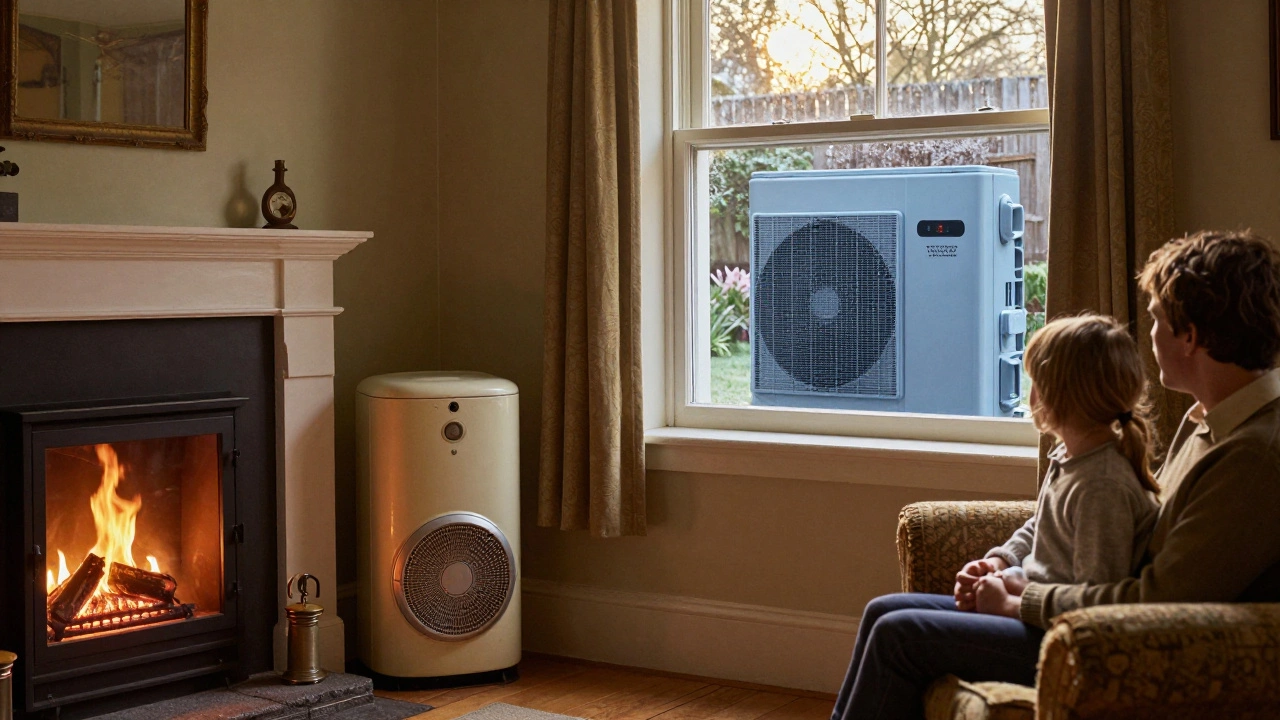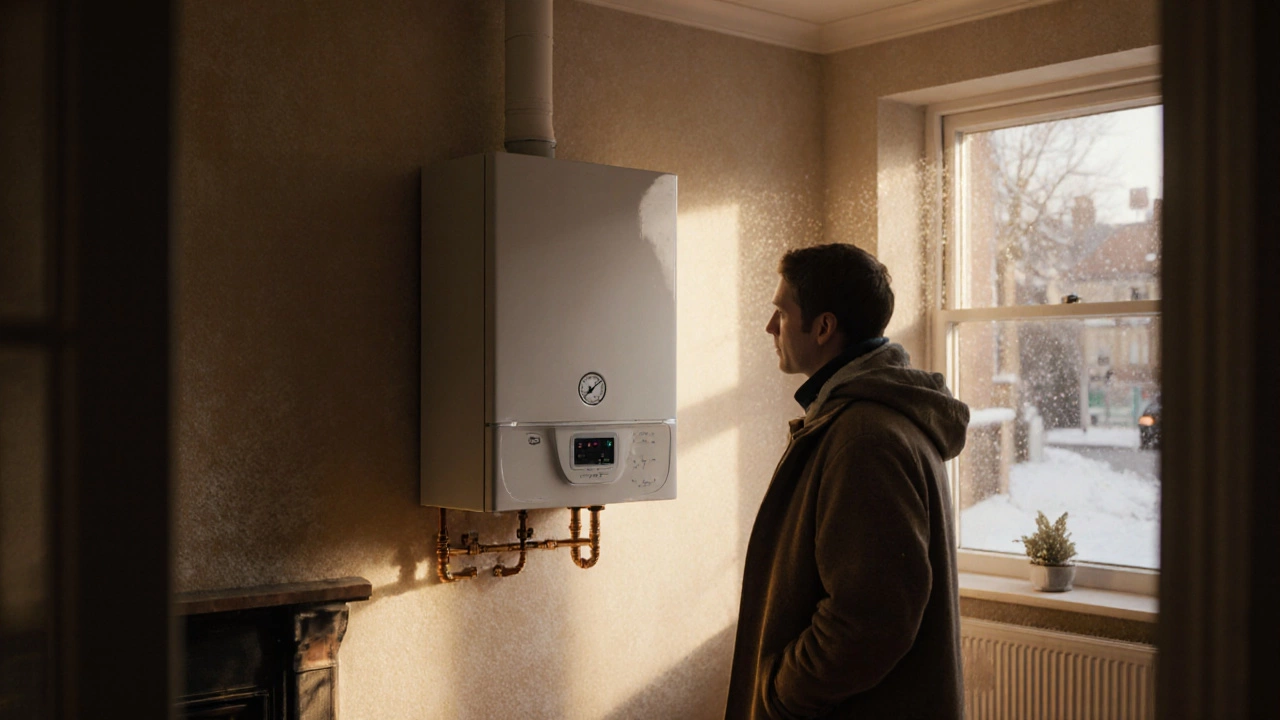- 16 Feb 2026
- Gideon Thornton
- 0
Should I get rid of my gas appliances? Here's what really matters in 2026
Should you get rid of your gas appliances in 2026? We break down the real costs, safety risks, and electric alternatives - no hype, just facts for UK homeowners.


